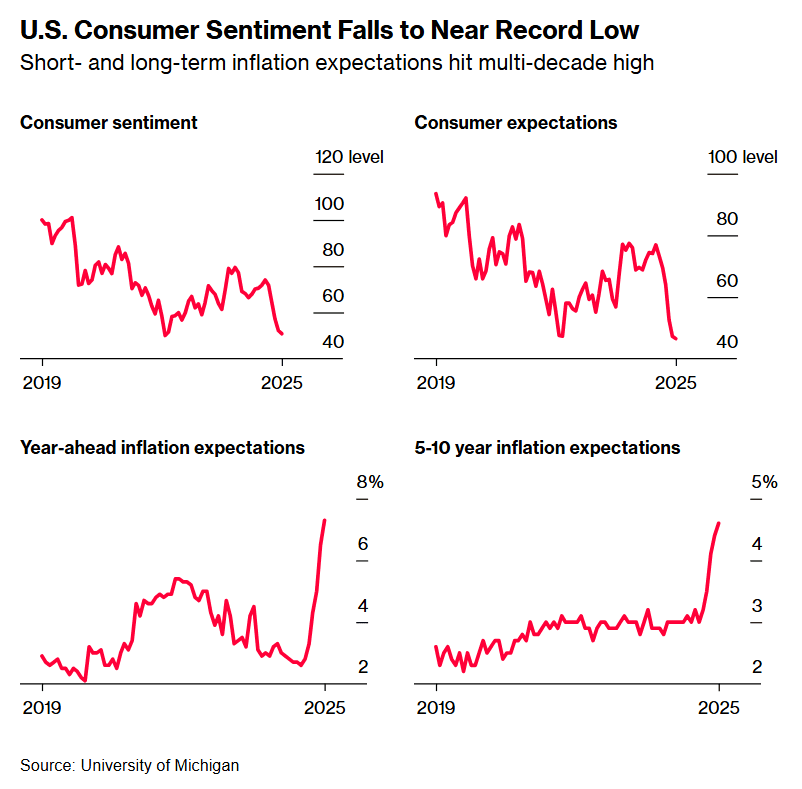Adobe Agrees to Acquire Semrush for Roughly $1.9 Billion, Targets AI Search
Adobe announced it will buy Semrush in an all cash transaction valued at roughly $1.9 billion, a move aimed at giving marketers tools to measure visibility across traditional search and emerging AI driven chat and search engines. The deal underscores a broader shift as legacy software firms race to integrate AI and data capabilities, while facing regulatory and shareholder scrutiny.

Adobe announced on November 20, 2025 that it has agreed to acquire Semrush, the search engine optimization and digital marketing analytics company, in a transaction valued at roughly $1.9 billion in cash. The company framed the acquisition as a strategic step to broaden its Digital Experience and marketing offerings by helping brands measure and manage visibility not only in traditional search results but also across nascent AI driven chat and search interfaces that are reshaping how audiences discover content.
Semrush’s portfolio of analytics, keyword research and competitive intelligence tools is widely used by marketing teams to track organic search performance and plan content. Adobe executives said those capabilities will be folded into Adobe’s marketing stack to help customers adapt to generative AI changes in content discovery, where answers and recommendations are increasingly delivered through conversational interfaces rather than links on a results page.
The transaction must clear regulatory and shareholder approvals before it can close. That requirement places the deal squarely in the context of heightened antitrust scrutiny in technology markets and a spate of recent acquisitions as established software companies seek to accelerate their AI and data strategies through buyouts. Lawyers and industry analysts say regulators will likely examine how combining a dominant experience platform with leading search analytics might affect competition and access to datasets used to train and refine AI models.
For marketers the acquisition promises tighter integration between content creation, distribution and measurement. Adobe’s Digital Experience tools already manage content workflows, personalization and campaign analytics. Integrating Semrush’s search visibility metrics could provide a more unified view of how content performs across both conventional search and the growing number of AI mediated discovery channels. That could ease the transition for brands struggling to interpret how generative models surface and prioritize content, and how those outputs influence traffic and conversions.
The deal also raises practical and ethical questions. Combining rich behavioral and competitive data with Adobe’s extensive customer and content signals could yield powerful targeting and attribution capabilities, but it also amplifies concerns about data governance, user privacy and control. Industry observers stress the importance of clear safeguards for how datasets are used in AI training, and whether smaller marketing platforms will retain access to competitive intelligence tools without being edged out by a consolidated vendor.
Adobe and Semrush join a long list of established technology companies that have recently turned to acquisitions to bolster AI competence and expand data assets. For customers, the immediate impact will depend on how the two companies integrate products and whether regulators or shareholders impose conditions that shape the final structure of the deal. Until approvals are secured, the acquisition remains an agreement rather than a completed sale, but it signals how central search and AI driven discovery have become to the future of digital marketing.


